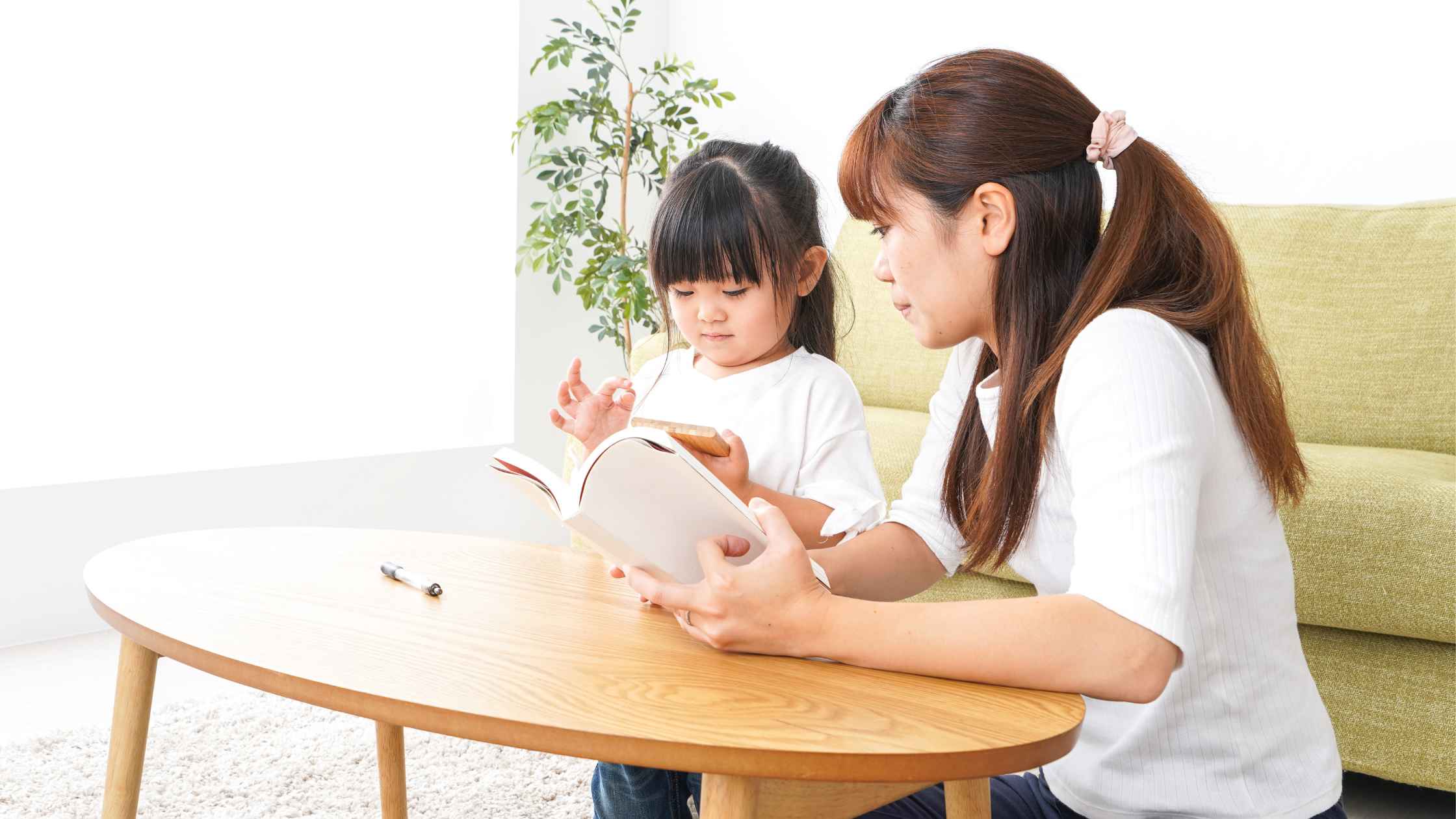Parenting is one of the most challenging and rewarding roles a person can take on. The way we raise our children has a profound impact on their development, shaping their personalities, behaviors, and future relationships.
In recent years, there has been growing interest in understanding different parenting styles and their effects on children’s well-being. This comprehensive guide will explore the most common parenting styles, their characteristics, and how they influence child development.
Understanding Parenting Styles

Parenting styles are not one-size-fits-all approaches. Instead, they represent a complex interplay of attitudes, behaviors, and communication patterns that parents use in raising their children.
Let’s dive into the main parenting styles identified by researchers and their potential impacts on children.
The Four Main Parenting Styles
Psychologists have traditionally identified four primary parenting styles:
- Authoritative
- Authoritarian
- Permissive
- Uninvolved
Each of these styles is characterized by different levels of responsiveness and demandingness, which we’ll explore in detail.
Authoritative Parenting: The Gold Standard?

Authoritative parenting is often considered the ideal approach by many child development experts. This style strikes a balance between being responsive to a child’s needs and setting clear expectations.
Key Characteristics of Authoritative Parenting:
- High levels of warmth and support
- Clear and consistent rules and expectations
- Open communication and explanation of rules
- Encouragement of independence and critical thinking
- Use of positive discipline techniques
Effects on Children:
Children raised by authoritative parents often exhibit:
- Higher self-esteem and confidence
- Better social skills and emotional regulation
- Improved academic performance
- Lower rates of behavioral problems
Dr. Diana Baumrind, a developmental psychologist, states:
“Authoritative parents are both demanding and responsive. They monitor and impart clear standards for their children’s conduct. They are assertive, but not intrusive and restrictive. Their disciplinary methods are supportive, rather than punitive. They want their children to be assertive as well as socially responsible, and self-regulated as well as cooperative.”
Authoritarian Parenting: High Demands, Low Responsiveness

Authoritarian parenting is characterized by high expectations and strict rules, but with little warmth or responsiveness to the child’s needs.
Key Characteristics of Authoritarian Parenting:
- Strict rules with little explanation
- High expectations for obedience
- Limited flexibility and negotiation
- Punitive discipline methods
- Less emotional warmth and support
Effects on Children:
Children of authoritarian parents may experience:
- Lower self-esteem
- Difficulty with social relationships
- Higher rates of anxiety and depression
- Increased aggression or defiance
It’s important to note that while authoritarian parenting may lead to obedient behavior in the short term, it can have long-lasting negative effects on a child’s emotional well-being and social skills.
Permissive Parenting: High Responsiveness, Low Demands

Permissive parenting is characterized by high levels of warmth and responsiveness, but with few rules or expectations.
Key Characteristics of Permissive Parenting:
- Few rules or expectations
- Limited discipline or consequences
- High levels of nurturing and affection
- Tendency to be more of a friend than a parent
- Avoidance of conflict
Effects on Children:
Children raised by permissive parents may:
- Struggle with self-regulation and impulse control
- Have difficulty respecting authority
- Experience academic challenges
- Exhibit higher rates of behavioral problems
While permissive parents often have good intentions, the lack of structure and guidance can lead to difficulties for children as they navigate the world.
Uninvolved Parenting: Low Responsiveness, Low Demands

Uninvolved parenting is characterized by low levels of both responsiveness and demandingness. This style is often associated with neglectful parenting, though it’s important to note that not all uninvolved parents are intentionally neglectful.
Key Characteristics of Uninvolved Parenting:
- Minimal engagement in the child’s life
- Few rules or expectations
- Limited emotional support or nurturing
- Lack of guidance and supervision
Effects on Children:
Children of uninvolved parents may experience:
- Low self-esteem and self-worth
- Difficulty forming healthy relationships
- Increased risk of substance abuse and delinquency
- Poor academic performance and social skills
Uninvolved parenting can have severe and long-lasting consequences on a child’s development and well-being.
Beyond the Four Styles: Emerging Perspectives

While the four traditional parenting styles provide a useful framework, recent research suggests that parenting is more complex and nuanced than these categories might suggest.
Helicopter Parenting
Helicopter parenting is characterized by excessive involvement and control in a child’s life.
Key Characteristics:
- Overprotectiveness
- Excessive involvement in decision-making
- Difficulty allowing children to face challenges independently
Effects on Children:
- Reduced autonomy and problem-solving skills
- Increased anxiety and low self-confidence
- Difficulty coping with failure or disappointment
Attachment Parenting
Attachment parenting focuses on building a strong emotional bond between parent and child.
Key Characteristics:
- Responsive and sensitive parenting
- Extended breastfeeding and co-sleeping
- Babywearing and constant physical closeness
Effects on Children:
- Strong parent-child bond
- Increased sense of security
- Potential challenges with independence later in life
The Complexity of Parenting Styles

Recent research using latent profile analysis has revealed that parenting styles are more complex than previously thought. A study by Vasiou et al. (2023) identified four distinct parenting profiles:
- Highly Authoritative Style
- Relaxed Authoritative Style
- Permissive Focused Authoritative Style
- Inconsistent Parenting Style
This research suggests that most parents exhibit a mix of parenting styles, with elements of authoritativeness present in all profiles. This complexity highlights the need for a more nuanced understanding of parenting approaches.
Cultural Influences on Parenting Styles

It’s crucial to recognize that parenting styles can vary significantly across cultures. What is considered ideal in one culture may be viewed differently in another.
Examples of Cultural Variations:
- Collectivist vs. Individualist Societies: In collectivist cultures, interdependence and group harmony may be prioritized over individual autonomy.
- Discipline Practices: Physical discipline may be more accepted in some cultures than others.
- Academic Expectations: Some cultures place a higher emphasis on academic achievement, potentially leading to more authoritarian approaches in this area.
Understanding these cultural differences is essential for avoiding ethnocentric judgments about parenting practices.
Factors Influencing Parenting Styles

Several factors can influence a parent’s approach to child-rearing:
- Personal experiences and upbringing
- Socioeconomic status
- Education level
- Cultural background
- Child’s temperament
- Family structure (single-parent, two-parent, extended family)
- Mental health and stress levels
Recognizing these influences can help parents understand their own parenting tendencies and make informed choices about their approach.
The Impact of Parenting Styles on Child Development

Research consistently shows that parenting styles have a significant impact on various aspects of child development:
Emotional Development
- Authoritative parenting is associated with better emotional regulation and higher emotional intelligence.
- Authoritarian and uninvolved parenting may lead to difficulties in emotional expression and understanding.
Social Skills
- Children of authoritative parents often have better social skills and peer relationships.
- Permissive and uninvolved parenting can result in challenges with social boundaries and interactions.
Academic Performance
- Authoritative parenting is linked to higher academic achievement.
- Uninvolved parenting often correlates with lower academic performance.
Behavioral Issues
- Authoritarian and permissive parenting styles are associated with higher rates of behavioral problems.
- Authoritative parenting tends to result in fewer behavioral issues.
Finding Your Parenting Style

While research suggests that authoritative parenting often leads to the best outcomes, it’s important to remember that every child and family is unique. Here are some tips for developing an effective parenting approach:
- Reflect on your own upbringing and its influences
- Consider your child’s individual needs and temperament
- Strive for a balance of warmth and structure
- Communicate openly and listen to your child
- Be consistent with rules and consequences
- Encourage independence and critical thinking
- Show empathy and understanding
- Adapt your approach as your child grows and develops
Remember, parenting is a journey, and it’s okay to adjust your approach as you learn and grow alongside your child.
Conclusion
Understanding parenting styles and their impacts on child development is crucial for parents, educators, and anyone working with children. While the authoritative style is often considered ideal, recent research shows that most parents use a mix of styles. The key is to strive for a balance of warmth, responsiveness, and appropriate expectations tailored to your child’s unique needs.
By being aware of different parenting approaches and their potential effects, we can make more informed choices in our interactions with children. Remember, the goal is not perfection, but rather a nurturing and supportive environment that allows children to thrive and develop into well-adjusted adults.
What’s your experience with different parenting styles? How have you seen them impact child development? Share your thoughts and experiences in the comments below!




